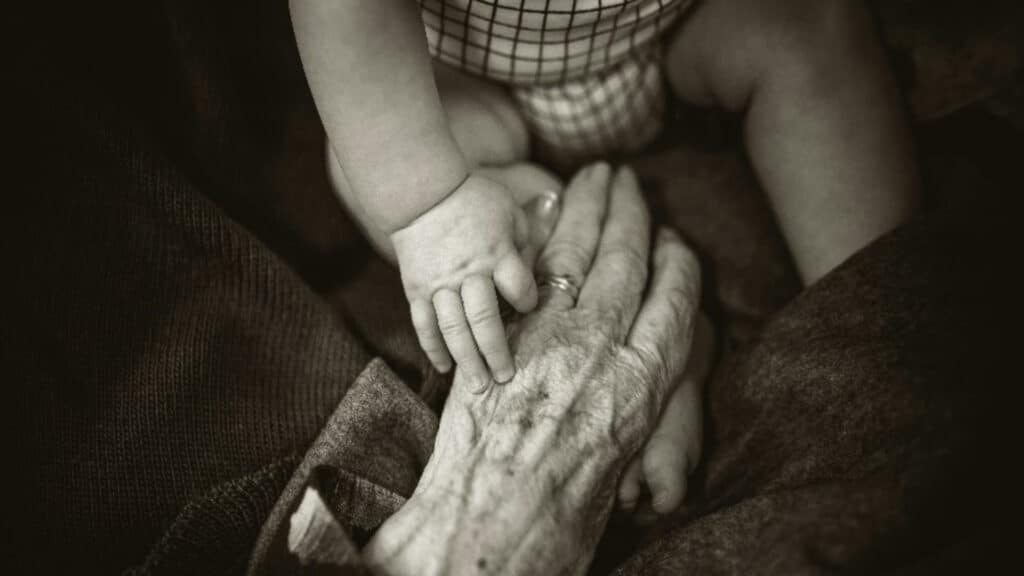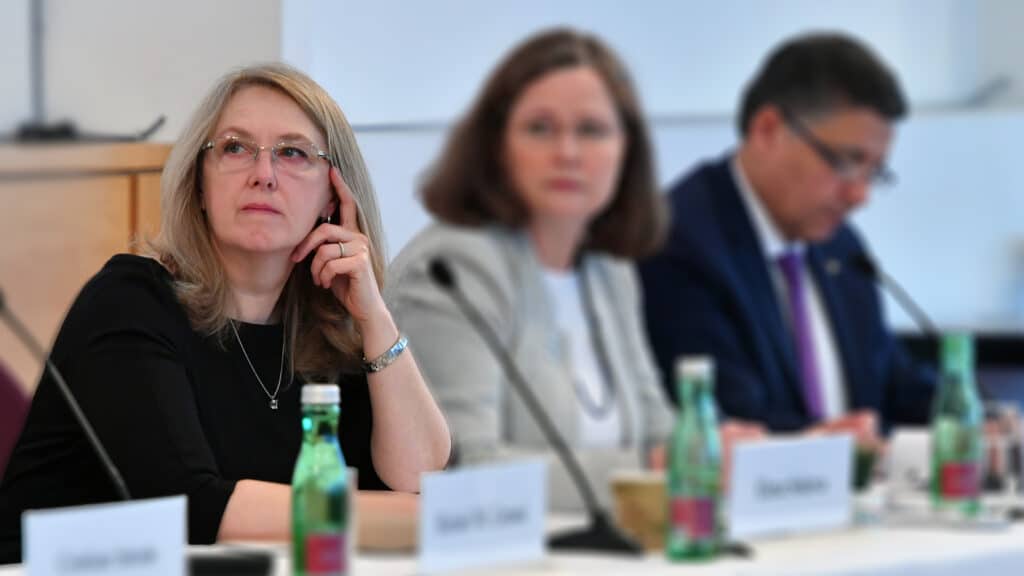Reflections on the Changing Face of Emergency Planning

Over the past five years there has been a notable shift in UK Nuclear Emergency planning and preparations. A main driver of this change were the unfortunate events witnessed in Japan, at the Fukushima Daiichi Nuclear Power Plant, in March 2011. In addition, we have witnessed frequent terrorist incidents around the globe, which although not directly targeting the nuclear industry raise increasing concerns about the security of nuclear facilities.

ENCOURAGING DEVELOPMENTS
During my tenure as a Site Head of Security I have been generally encouraged by the progress made in securing existing UK Stations from both natural disasters and potential Security incidents.
SOME WAY TO GO
Further improvements can of course always be made and it is easy to be critical. I will however outline some areas where I believe emergency planning across the entire nuclear industry would benefit:
- Integration: I worked very closely with Emergency Planning yet if this were taken a step further the overall scheme would benefit. I would recommend an executive level position on each Station responsible for both Emergency planning and Security. This manager MUST have Security experience and a thorough grasp of emergency, risk and crisis management. An executive position is needed to ensure this individual has an equal voice at the management table. A dedicated security manager and emergency planning coordinator should sit beneath this position.
- Training: Training is key to getting responses on the day right. Allow responders to frequently train on site, this increases their chances of getting it right on the day. Security teams, akin to nuclear teams, should have dedicated on site trainers, to develop, organise and deliver training.
- External Support: Do not think in isolation. The response to emergencies can be greatly enhanced if you build relationships with off-site personnel. This includes the local community, police, military, aviation and maritime organisations. Goodwill goes a long way, and shared knowledge, understanding and training improve overall readiness.
- Suitably qualified and experienced personnel (SQEP): is a term frequently used; this should also apply to security systems, employ managers who know what is needed and empower them to implement changes appropriate to the location. A generic approach, whilst welcome for economies of scale does not help the nuances found in different locations and climates.
- Never forget Security: All events will have an element of security concern. Security actions such as what to do in a Lockdown are often forgotten. Ask the question, ‘if we were attacked now what would you do? Where would you go?’
- Culture: Security should not be considered another type of incident; it should be fully integrated into emergency plans. Safety and security are everyone’s responsibility.
I worked very closely with Emergency Planning yet if this were taken a step further the overall scheme would benefit. I would recommend an executive level position on each Station responsible for both Emergency planning and Security. This manager have Security experience and a thorough grasp of emergency, risk and crisis management. to ensure this individual has an equal voice at the management table. A dedicated security manager and emergency planning coordinator should sit beneath this position.
FINAL THOUGHTS
Strive to develop an emergency, risk and crisis management culture that addresses emergency planning holistically. Review your processes frequently but ensure you train staff in the ability adapt to fluid and dynamic incidents where they will need to think on their feet.

Paul is high-achieving, MBA and HR Masters qualified senior Security Manager and general management professional with expertise including strategy, operations, change management, training and personnel development.
Share this article
Related articles
Help us grow and achieve your potential at a values-driven business.




